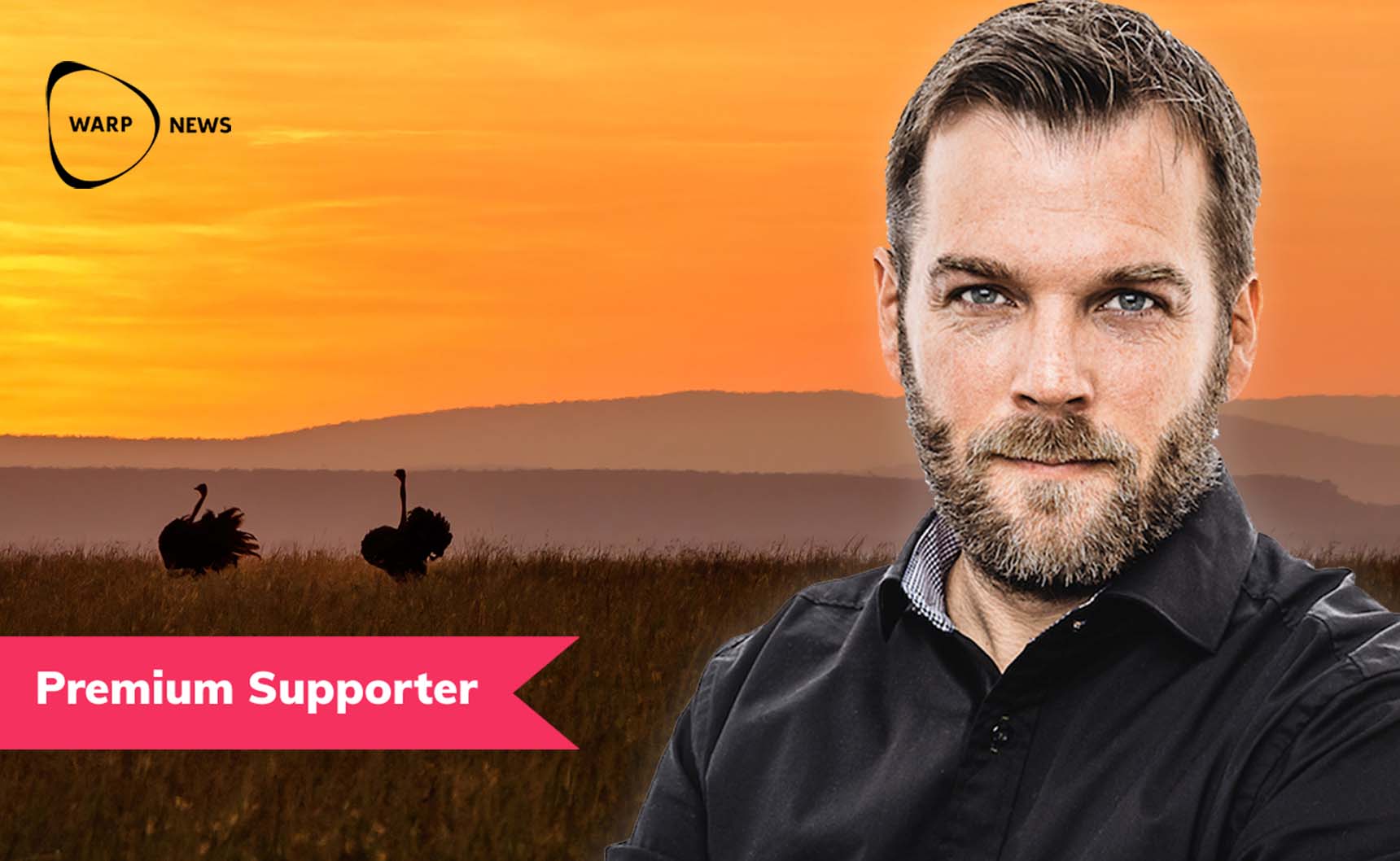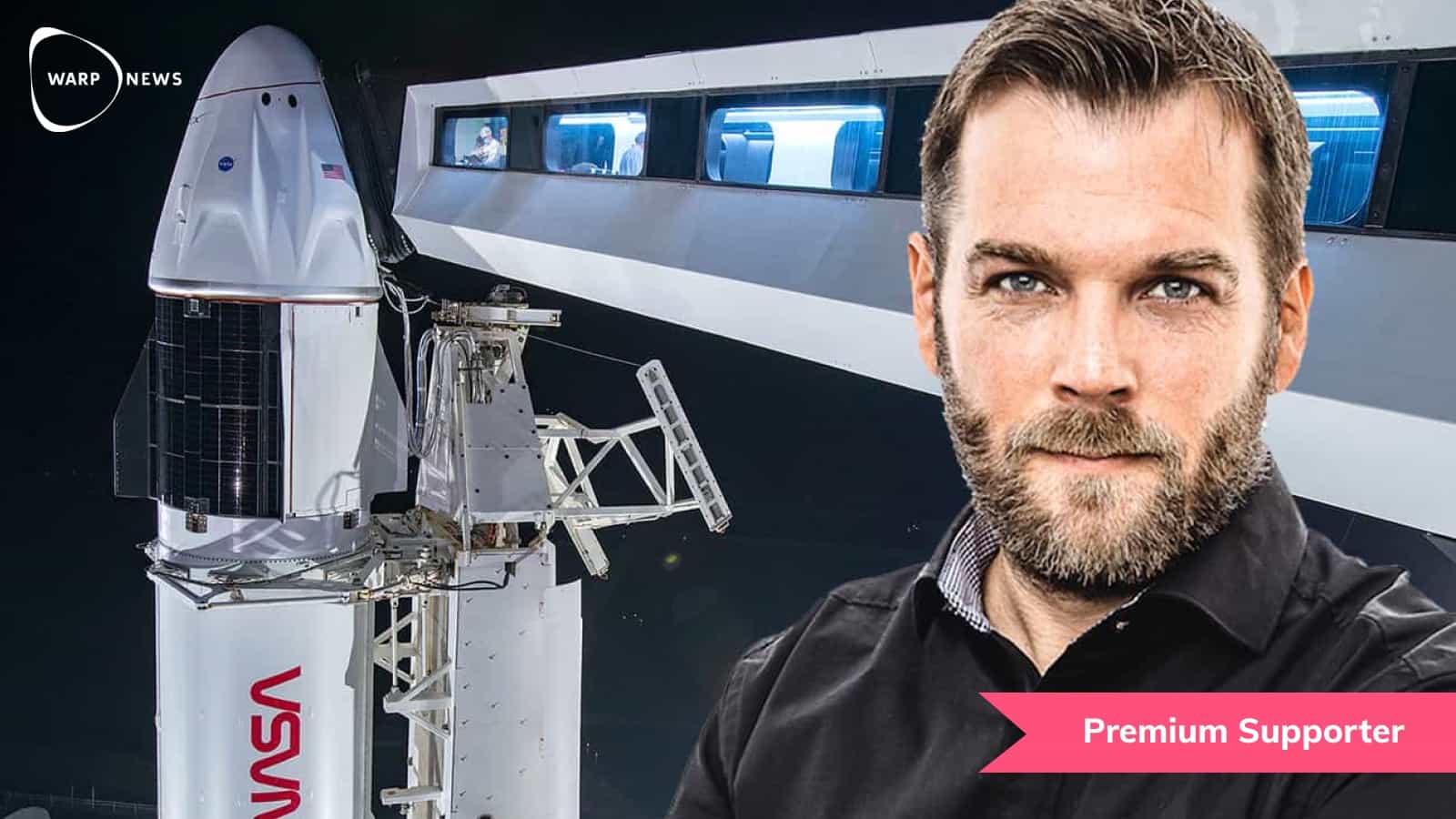Op-Ed
💡 Being optimistic does not mean what you think it means
An image of an ostrich with its head in the sand. Someone who is constantly late. Someone else who is considered gullible and naive. None of this has anything to do with optimism, writes Magnus Aschan, Editor-in-Chief of Warp News.
🛰 The Value of Space Exploration
Those who think the new space race is about billionaires wasting money have no clue about the value of space exploration. The future of humanity is out there, writes Alexander Engelin.
💬 Why we must begin to understand the really big and the really small
Paradoxically, it is the evolution that has brought us here. Because we humans live in a kind of middle world. We have a hard time grasping that which is really big, slow, small, and fast. Now is the time to change that.
💬 When things go South – it is time to celebrate
For every successful solution, there are a thousand unsuccessful. Laws, bad luck, clumsiness, or pure idiocy made them fail. But we should also celebrate the bad ideas, writes Magnus Aschan.
💬 Now is the time to reap the benefits of digitalization
The pandemic isn't all bad. In terms of work, we now see many benefits with becoming increasingly digitalized: more productive, less sick, and more equal. Let's not let this slip away by bringing back the old normal, writes Anna Rennéus Guthrie.
💬 The Real Danger is Pessimism
Being optimistic is not about turning a blind eye to difficulties, but focusing on how they can be solved. That is how the good forces emerged victorious from one of history's darkest moments, writes Magnus Aschan.
💬The new space race is the best thing that could happen to the earth
The new space race led by companies such as SpaceX, Virgin Galactic and Blue Origin, along with the voyage to Mars, is our salvation. Warp News editor-in-chief Magnus Aschan explains why.
🏆 Let other people’s pessimism make you more successful
What if we could turn negativity into a positive force in our organizations? This may sound like nonsense, but by applying some scientific research into human behavior we can do just that, writes Kelly Odell.
⬆️ Optimism's Theory of Knowledge
The optimist's view differs from the pessimist's in a fundamental respect: the optimist sees what could be done with the half-full glass, what it can be used for, and who might need a little water right now, writes Nicklas Berild Lundblad.








